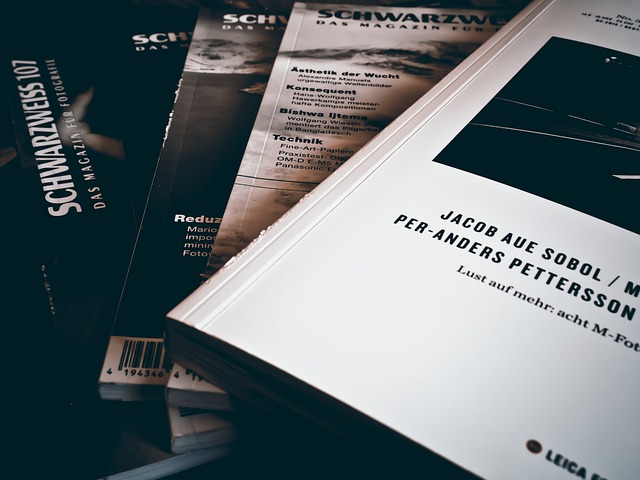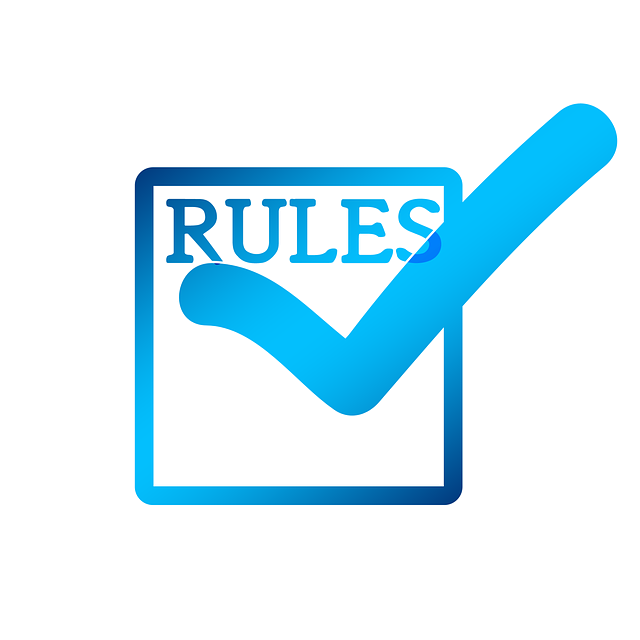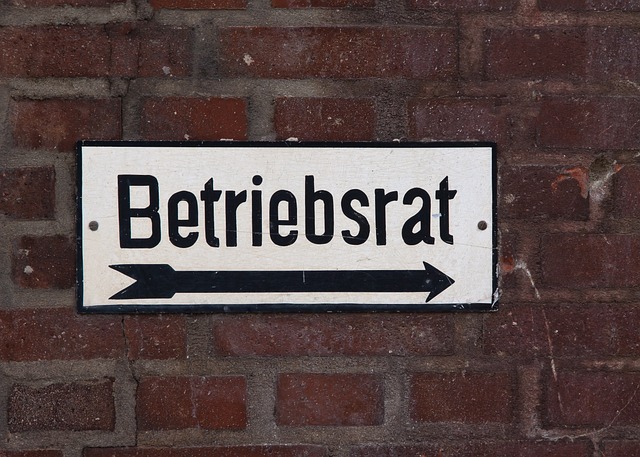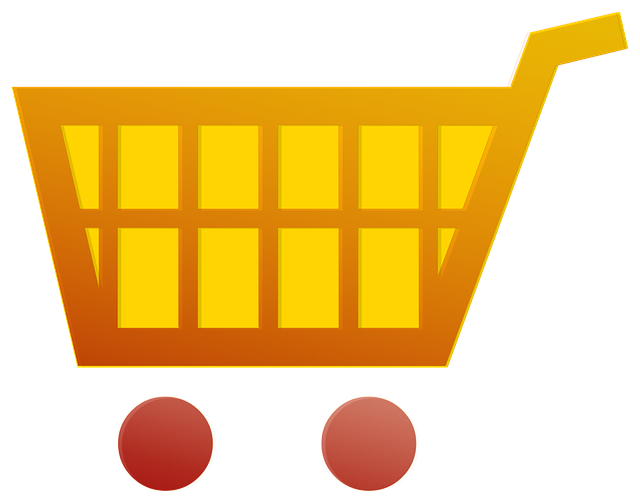Navigating UK customs post-Brexit requires stringent adherence to regulations, where accurate customs and trade documents are pivotal for legal compliance and operational efficiency. Businesses must ensure all necessary paperwork—such as Commercial Invoices, Packing Lists, Import Declarations for Customs (IDC), Certificates of Origin, and Export Licenses—are meticulously prepared and submitted. Professional UK translation services are indispensable to accurately translate these documents, bridging language barriers and preventing misunderstandings or non-compliance that could lead to delays or penalties. These specialized services provide linguistic accuracy coupled with a deep understanding of UK customs' specific terminology and requirements, ensuring businesses can conduct international trade confidently while adhering to the precise standards set by Her Majesty's Revenue and Customs (HMRC). Utilizing expert Customs and Trade Documents UK translation services is essential for any business looking to optimize its customs clearance processes within the UK market.
Navigating the complexities of international trade necessitates meticulous attention to UK customs regulations. This article delves into the critical aspects of legal compliance within this realm, emphasizing the importance of accurate customs and trade documents for seamless transactions. We explore the spectrum of required documentation, the indispensable role of professional translation services in facilitating multilingual communications, and key steps to ensure your paperwork aligns with UK standards. By addressing common pitfalls and leveraging expert legal compliance consultancy, businesses can efficiently manage their customs submissions, thereby upholding trade integrity and adhering to the legal framework set forth by UK customs.
- Understanding the Necessity of Legal Compliance in UK Customs
- Overview of Essential Customs and Trade Documents Required in the UK
- The Role of Accurate Translation Services for UK Customs Documents
- Key Steps to Ensure Your Documentation Meets UK Customs Standards
- Common Mistakes to Avoid When Submitting Customs Documents in the UK
- Utilizing Professional Translation Services for Multilingual Customs Submissions
- Streamlining Your Process with Expert Legal Compliance Consultancy Services in the UK
Understanding the Necessity of Legal Compliance in UK Customs

Navigating the complexities of UK customs requires meticulous attention to detail, particularly when it comes to legal compliance. Businesses engaging in international trade must ensure that all necessary customs and trade documents are accurately completed and submitted. These documents serve as critical communication tools between traders and customs authorities, facilitating the smooth movement of goods across borders. The legal landscape for UK customs is intricate, with various regulations and requirements that must be adhered to avoid delays, fines, or potential legal issues. Translation services play a pivotal role in this context, as accurate translations of documents are essential to comply with both UK law and international treaties. Utilizing professional UK translation services can mitigate the risk of misinterpretation or non-compliance, ensuring that all parties involved have a clear understanding of the transactional details. This is particularly important for businesses dealing with goods from multiple jurisdictions, where language barriers could otherwise complicate legal compliance. By leveraging expert translation services in conjunction with a thorough understanding of UK customs regulations, companies can effectively manage their trade documentation, minimizing the risk of operational disruptions and ensuring adherence to legal requirements.
Overview of Essential Customs and Trade Documents Required in the UK

When engaging in trade with the United Kingdom, it is imperative to navigate the necessary customs and trade documents to ensure compliance with local regulations. The UK’s withdrawal from the European Union has introduced new trading protocols that require meticulous adherence to customs formalities. Key among these documents are the Commercial Invoice, which provides a detailed description of the goods being traded, their value, and insurance information; the Packing List, which itemizes everything contained within each package; and the Bill of Lading or Airway Bill for transport documentation. For imports, additional documents such as the Import Declaration for Customs (IDC) and Certificate of Origin are essential. Exporters must also secure a UK export license for certain goods. Importers should be aware of the Economic Operator Registration and Identification (EORI) number, which is mandatory for moving goods into and out of the UK.
For businesses operating across borders, the need for reliable customs and trade documents UK translation services cannot be overstated. Accurate translations ensure that all parties involved in the transaction have a clear understanding of the contents and requirements of each document. This is crucial not only to avoid delays at the border but also to prevent costly legal penalties associated with non-compliance. Utilizing professional translation services can mitigate these risks, facilitating smoother customs processes and maintaining the integrity of international trade relations. Whether dealing with paper or digital documentation, adhering to the UK’s strict customs regulations is paramount for a successful transaction.
The Role of Accurate Translation Services for UK Customs Documents

When engaging in trade with the United Kingdom, adherence to customs regulations is paramount to ensure smooth operations and legal compliance. The UK’s withdrawal from the European Union has underscored the importance of precise documentation, where Customs and Trade Documents play a critical role. In this context, professional translation services become indispensable. These services not only facilitate the accurate interpretation of content but also guarantee that all necessary details are correctly communicated across different languages. Translation errors can lead to delays, additional costs, or even legal issues at the border. For businesses dealing with UK customs documents, it is crucial to engage with translation services that specialise in this field. They offer expertise in legal terminology and an understanding of the specific requirements set out by UK customs authorities. This ensures that all paperwork, from commercial invoices to certificates of origin, is translated accurately, thereby avoiding potential disruptions in the supply chain and maintaining compliance with regulations. Choosing a reputable UK translation service provider means leveraging their proficiency in both language and regulatory knowledge, which is essential for seamless trade transactions. This meticulous approach not only saves time and resources but also upholds the integrity of international trade interactions between the UK and its partners.
Key Steps to Ensure Your Documentation Meets UK Customs Standards

When engaging with the UK’s customs process, it is imperative to meticulously prepare and submit the correct customs documents to avoid delays and potential penalties. The first step in this process involves understanding the specific types of documentation required for your goods. Essential among these are the Commercial Invoice, which provides a detailed description of the merchandise, its value, and the terms of sale; and the Packing List, which outlines what items are in each package, their quantities, and weights. Additionally, for imports into the UK, a Master Reference Number (MRN) is required, which can be obtained from the UK’s Import Control System.
To ensure compliance with UK customs standards, it is advisable to utilize professional translation services for any non-English documentation. Accurate translations of customs and trade documents are critical as they facilitate clear communication between all parties involved in the international supply chain. Furthermore, leveraging the expertise of translation services can help prevent misunderstandings that might arise from language barriers. Beyond translation, familiarity with the UK’s Customs Tariff Classification is crucial to correctly categorize goods, ensuring the correct application of duties and taxes. By adhering to these detailed steps and utilizing reliable translation services when necessary, businesses can streamline their customs processes, minimize disruptions, and maintain smooth operations within the UK market.
Common Mistakes to Avoid When Submitting Customs Documents in the UK

When engaging with the UK’s customs process, it is imperative to adhere strictly to the guidelines and regulations set forth by the authorities to avoid delays or penalties. A common oversight is failing to accurately complete all necessary customs forms, such as the Common Entry Declaration (CED) or the Transit Declaration (T2L). Each form requires precise information regarding the goods being imported or exported, including a comprehensive description of the items and their corresponding commodity codes. Mistakes in these details can lead to customs holds or incorrect duty rates. To mitigate such risks, it is advisable to utilize professional customs and trade documents UK translation services. They can ensure that all documentation is not only complete but also accurately translated if non-English language documents are involved. Additionally, businesses often overlook the importance of understanding and correctly applying the specific rules of origin for goods entering or leaving the UK. This can affect eligibility for preferential tariffs and trade agreements. To avoid such pitfalls, it is crucial to stay informed about the latest customs regulations and seek guidance from experts in the field. Engaging with reputable customs and trade documents UK translation services can provide the necessary expertise to navigate these complexities successfully.
Utilizing Professional Translation Services for Multilingual Customs Submissions

When engaging in international trade, adherence to legal compliance is paramount, especially within the context of the UK’s customs regulations. To navigate this complex environment effectively, businesses often encounter the necessity for accurate and compliant translations of customs and trade documents. Utilizing professional translation services that specialize in UK translation services is a strategic approach to ensure that all multilingual customs submissions are both legally compliant and accurately conveyed. These specialized services offer not only linguistic expertise but also an intimate understanding of the specific terminology and documentation required by UK Customs and Border Protection. This synergy between language precision and regulatory knowledge is crucial for seamless border crossings, mitigating potential delays or legal complications that may arise from mistranslated documents. By leveraging the expertise of professional translators who are adept in both linguistic nuance and customs protocols, businesses can proceed with confidence, knowing their international trade communications are clear, correct, and compliant with UK regulations.
Streamlining Your Process with Expert Legal Compliance Consultancy Services in the UK

Navigating the complexities of UK customs documents requires a thorough understanding of legal compliance and the intricacies of trade documentation. Businesses operating within or importing/exporting to and from the UK must adhere strictly to the regulations set forth by Her Majesty’s Revenue and Customs (HMRC). To facilitate this, leveraging expert legal compliance consultancy services is invaluable. These specialists offer tailored solutions to ensure that all customs and trade documents are prepared and translated accurately and on time, minimising the risk of delays or penalties. Their expertise covers a wide range of document types, including commercial invoices, packing lists, and certificates of origin, all of which must be presented in English or accompanied by certified translations if they are in another language. By partnering with such consultancies, companies can streamline their customs clearance processes, maintain compliance, and enhance their operational efficiency, ultimately saving time and resources while navigating the UK’s trade landscape effectively.
Navigating the complexities of UK customs requires meticulous adherence to legal compliance and a comprehensive understanding of the necessary trade documents. Businesses engaging in cross-border transactions must prioritize accuracy and compliance to avoid delays or penalties. Utilizing professional translation services for customs documents ensures clarity and legality, particularly for multilingual enterprises. By leveraging expert legal compliance consultancy services, companies can streamline their customs processes, thereby facilitating smoother trade operations within the UK framework. This proactive approach not only safeguards against potential disruptions but also positions businesses to capitalize on the UK’s strategic market position and international trade opportunities.



